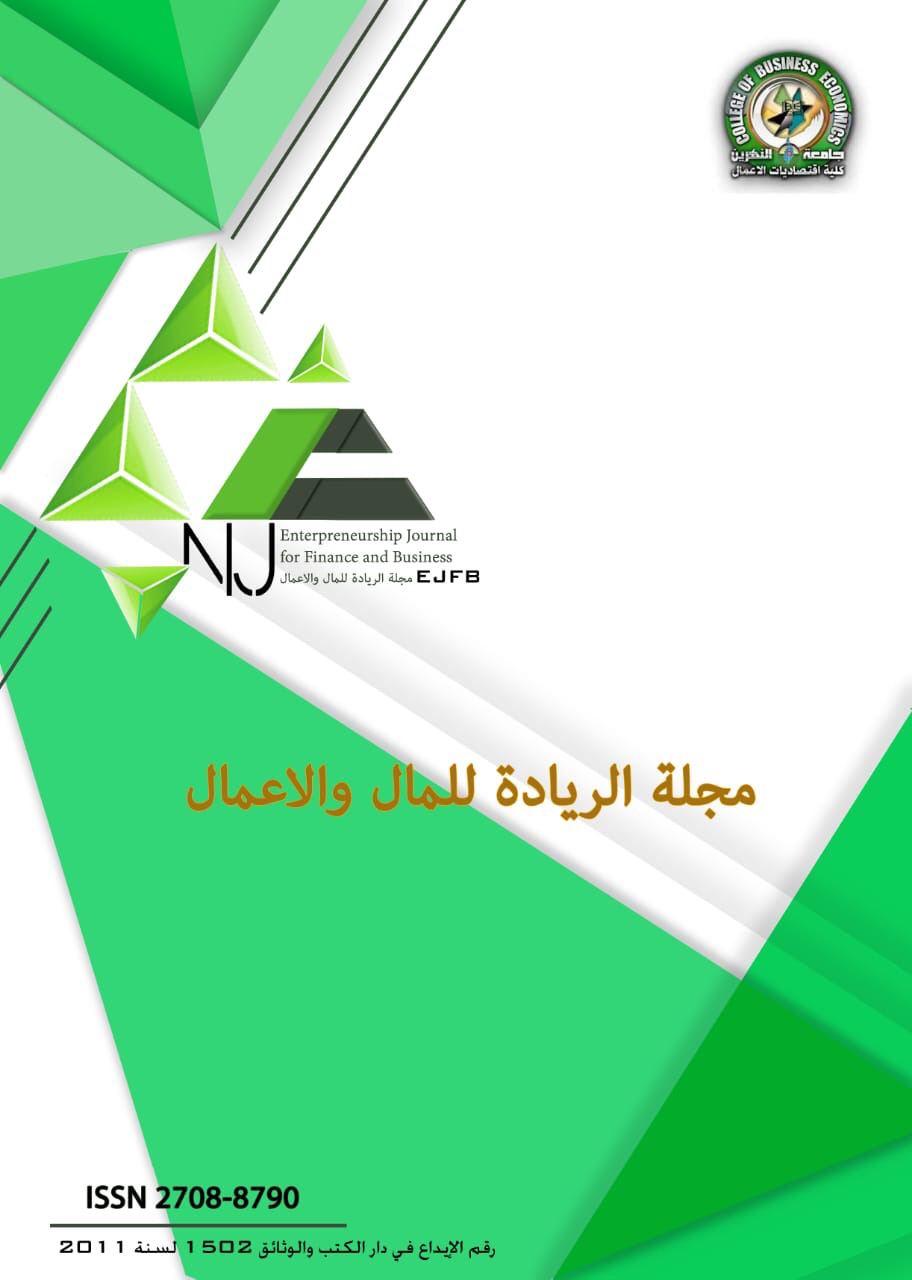Contemporary trends in auditing and their role in reducing audit risk in the Sudanese business environment: A field study on the National Audit Bureau and some audit offices operating in Khartoum State
DOI:
https://doi.org/10.56967/ejfb2021146Keywords:
contemporary trends of audit, environmental audit, strategic audit, quality audit, peer audit, audit riskAbstract
The research problem represented by that Sudanese companies and financial institutions are exposed to many audit risks that hinder their continuity and the achievement of their objectives, which prompted these companies, financial institutions and those in charge of organizing the auditing profession to search for modern and contemporary methods of auditing to reduce these risks.
The maim of the research is to present a conceptual framework for contemporary trends in auditing, with an indication of their importance in determining the audit risks.
The study relied on the field and investigative method, and the questionnaire was adopted as a means of collecting data. The statistical method was also used to analyze the data using the Statistical Package for Social Sciences (SPSS).
The research reached several results, including: The environmental audit helped to give a clear Vision of the impact of environmental activities on the financial values of the project. The strategic audit, led to fewer errors, which increased confidence in the financial reports. Quality audit facilitated access to more accurate audit evidence and better performance of the audit process. The application of peer audit, helped ensure compliance with the ethics and conduct of the profession. The study also recommended a number of recommendations, including: The National Audit Bureau should pay attention to activating contemporary trends of auditing because of their effective role in reducing audit risks and the positive results that these trends achieve on the performance of the audit process. The necessity for accounting and auditing firms to pay attention to professional requirements and competence due to their importance in promoting contemporary auditing trends.
Downloads
Downloads
Published
How to Cite
Issue
Section
License

This work is licensed under a Creative Commons Attribution 4.0 International License.
This is an Open Access article distributed under the terms of the creative commons attribution (CC BY) 4.0 international license which permits unrestricted use, distribution, and reproduction in any medium or format, and to alter, transform, or build upon the material, including for commercial use, providing the original author is credited.






